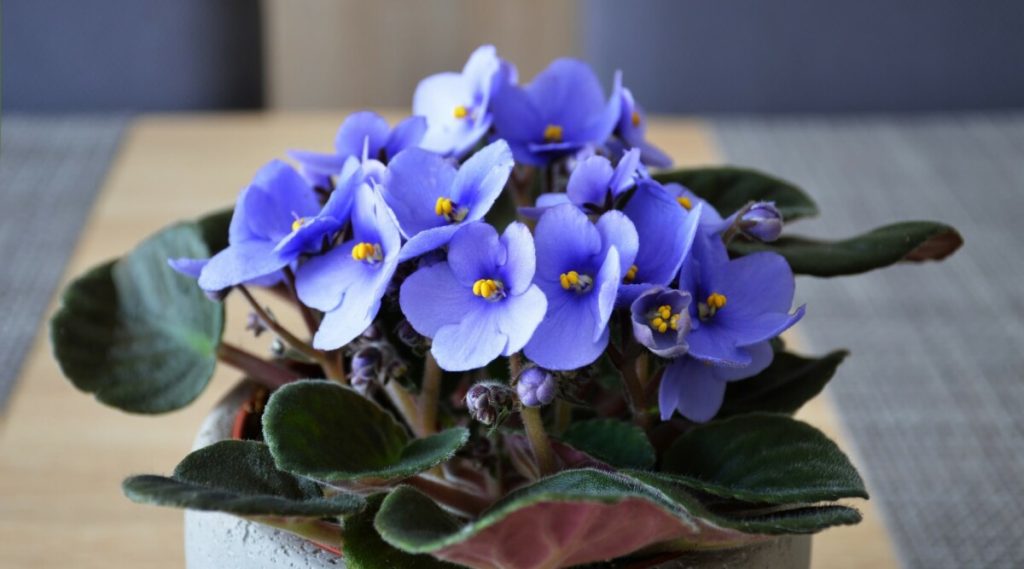Feng shui, an ancient practice pronounced as “fung shway,” revolves around the meticulous observation of how the placement of objects influences the overall energy flow within an environment. It goes beyond mere aesthetics and suggests that object arrangement also impacts the personal energy flow of the individuals inhabiting that space.
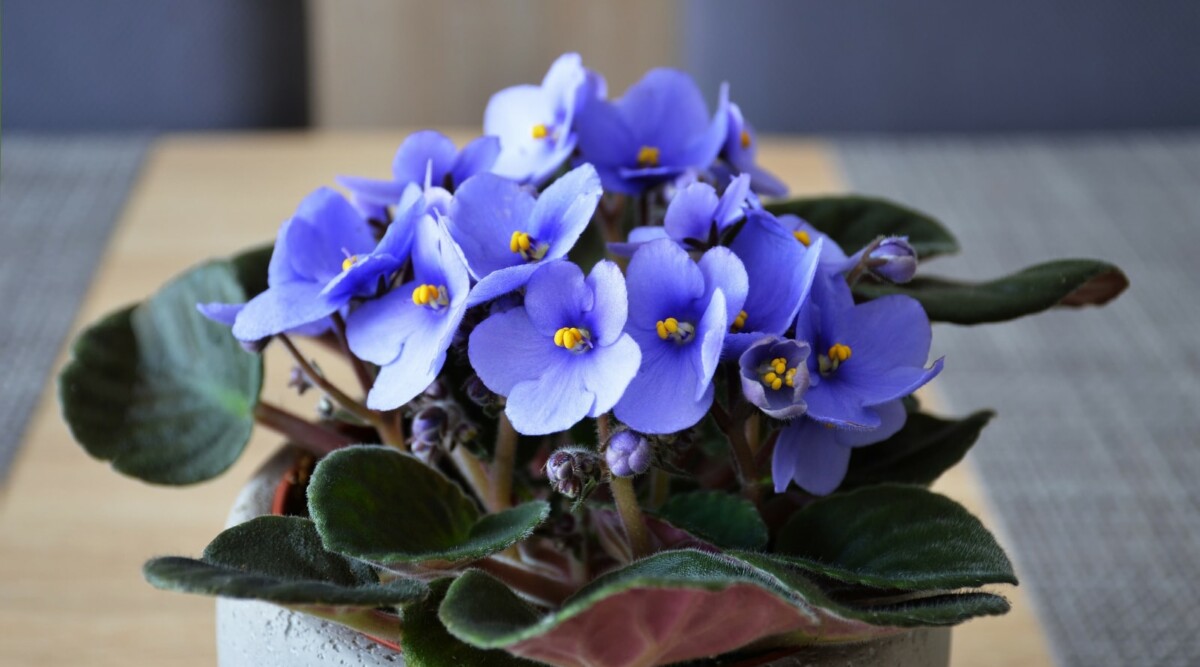
According to feng shui principles, plants, like all organic and inorganic beings, possess their own unique energy. Interestingly, scientific studies have provided support for this belief. Notably, the Clean Air Study, sponsored by NASA, demonstrated that plants have the remarkable ability to purify indoor air by effectively eliminating toxins such as formaldehyde. This compound often infiltrates the air through synthetic materials commonly found in furniture, making plants crucial in maintaining a healthy living environment.
Let’s delve into each plant mentioned earlier, exploring their specific qualities, benefits, and their contributions to the positive energy flow:
Peace Lily:
Known by its calming name, the peace lily offers more than just aesthetics. This plant excels at purifying the air, specifically targeting harmful gases that may be present in your home. It is particularly adept at neutralizing toxins, making it an excellent addition to spaces where you seek relaxation, such as the bedroom or home office. Additionally, the peace lily thrives in dark, shaded areas, bringing a touch of natural beauty to even the dimmest corners.
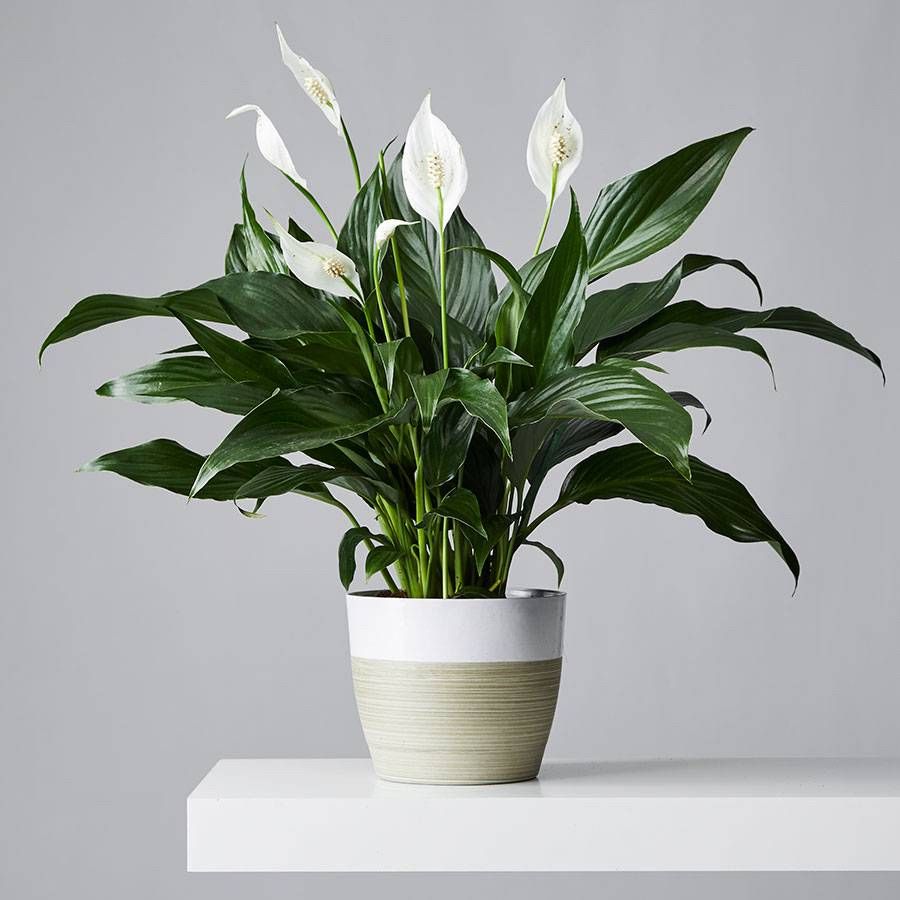
Palm:
The majestic size and presence of palm trees make them excellent room dividers, enhancing the energy flow within a space. Moreover, palm plants possess the remarkable ability to eliminate xylene and formaldehyde from the air. These air-purifying qualities contribute to a cleaner and healthier environment, allowing you to breathe in fresher air while enjoying the beauty of these tropical plants.
Rosemary:
Rosemary, a versatile plant renowned for its culinary uses, offers more than just flavor. This good-energy plant serves a dual purpose in your space. Not only does it add a delightful taste to roasted vegetables, but it also actively cleanses the air, removing harmful toxins. In addition to its air-purifying abilities, rosemary is known to have various therapeutic benefits. Inhaling its aroma is believed to improve memory, treat insomnia, and even uplift one’s spirits, making it a wonderful addition to your living environment.
Orchid:
With their slender stalks and vibrant petals, orchids are among the most elegant flowers, adding a touch of sophistication to any space. Beyond their aesthetic appeal, orchids possess unique qualities that contribute to a positive energy flow. These plants release oxygen during the night, making them an ideal choice for placement in bedrooms. The fresh oxygen they emit while you sleep can enhance your overall well-being. Furthermore, orchids often exude a pleasant fragrance, capable of instantly uplifting one’s mood with just a quick sniff, enhancing the overall ambiance of the space.
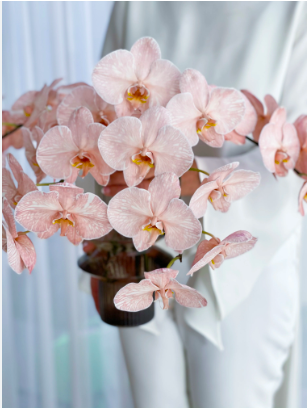
Lucky Bamboo:
No discussion of feng shui would be complete without mentioning bamboo, and lucky bamboo holds a special place in many Asian cultures as a symbol of good fortune and prosperity. Its slender and upright shape serves as a constant reminder of our own energy and vitality. Lucky bamboo is an ideal plant for beginners, as it requires minimal maintenance and thrives in low sunlight conditions. Simply placing the reeds in a glass bowl with about an inch of distilled water is enough to keep the plant alive and thriving, bringing positive energy and prosperity to your space.
Jade:
Jade, often referred to as the “money tree,” is believed to possess the power to bring wealth and prosperity to a household. Its vibrant green leaves and distinctive appearance make it an exceptional houseplant, adding beauty to any space. Additionally, jade plants require very little water, making them low-maintenance and perfect for those with busy lifestyles. By incorporating this auspicious plant into your living environment, you invite positive energy associated with abundance and financial well-being.
Ficus:
Ficus plants, with their lush foliage and impressive size, offer more than just visual appeal. They are exceptional air purifiers, renowned for their ability to remove formaldehyde, benzene, and ammonia from the air. By eliminating these harmful substances, ficus plants contribute to cleaner and healthier indoor air quality. Moreover, their large size and dense foliage make them excellent natural room dividers, helping to create distinct spaces within a larger area while maintaining a harmonious energy flow.
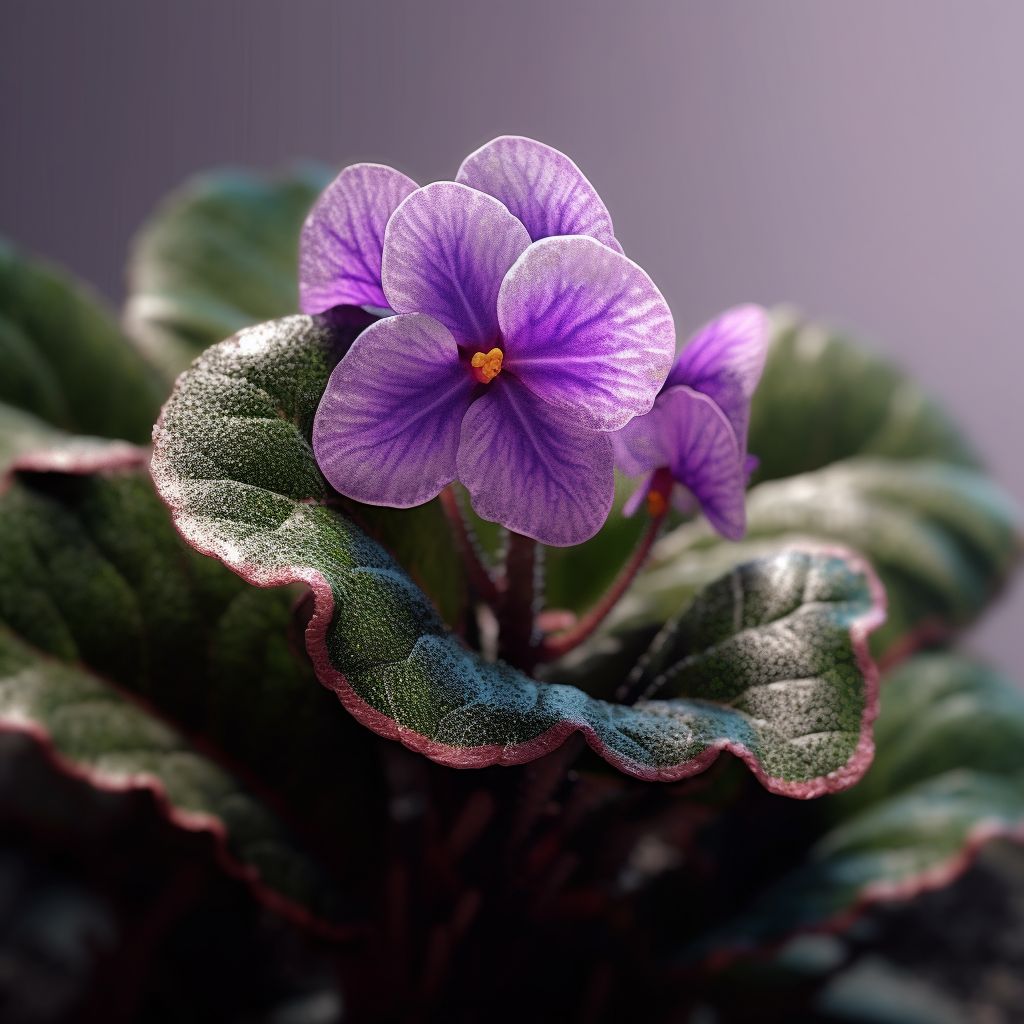
African Violet:
According to the principles of traditional feng shui, each home possesses a “money area” located in the southeast corner. Cultivating wealth and abundance in this area can be accomplished by placing an African violet plant there. The petals of this delicate flower resemble coins, symbolizing wealth and prosperity. By keeping an African violet in this designated area, you invite positive energy associated with financial well-being into your home, aligning with the principles of feng shui.
English Ivy:
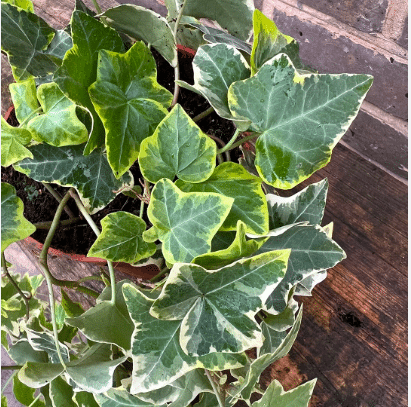 pss
pss
The climbing leaves of English ivy are believed to possess protective qualities, warding off negative energy that may arise while sleeping or working. This resilient plant also serves an additional purpose—removing formaldehyde, a common toxin found in carpeting and paint, from the air. By incorporating English ivy into your living environment, you create a soothing and purified space, promoting a positive energy flow and a healthier atmosphere.
Citrus Trees:
Incorporating citrus plants into a kitchen aligns with feng shui principles, as fruit-bearing plants symbolize abundance and good health. The vibrant colors and refreshing scents of citrus trees uplift the energy of the space while also serving as a visual reminder of the abundance and vitality they represent. By including these plants in your kitchen, you invite positive energy associated with good health and bountiful nourishment into your home.

